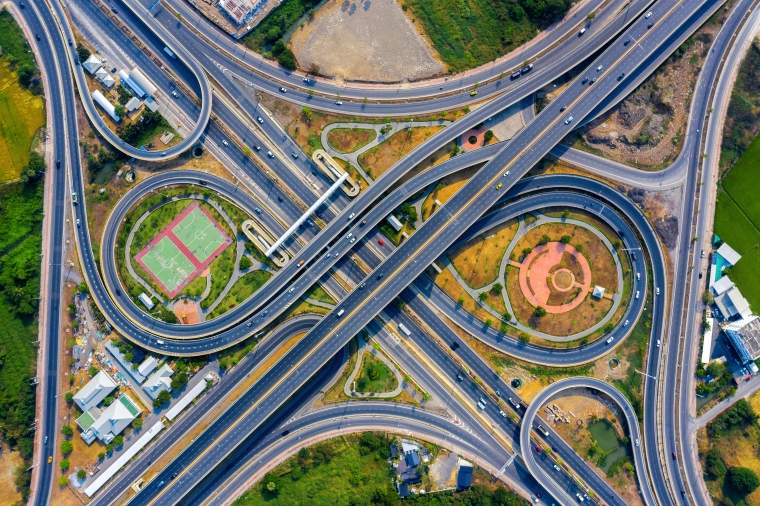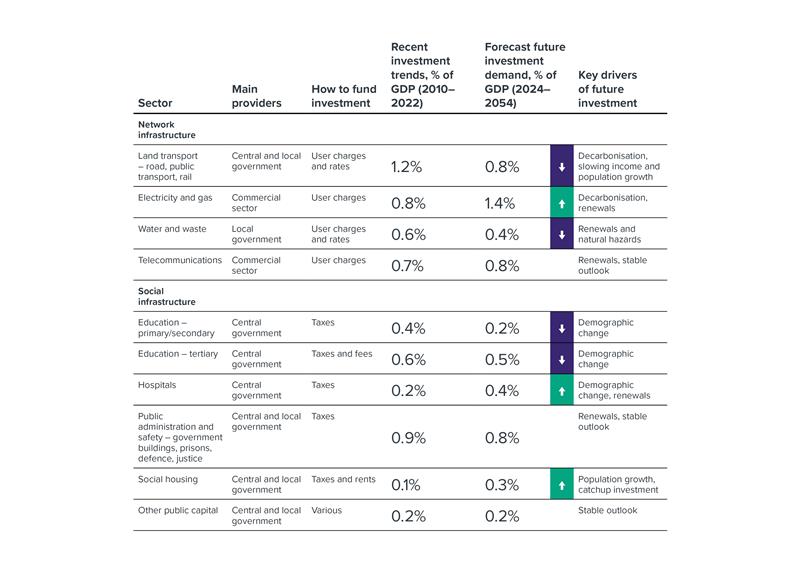
Infrastructure policy and investment have suffered from recent political "churn" and central government needs to step up, says the latest Draft National Infrastructure Plan from the Infrastructure Commission.
"Central government oversees its own performance through the Investment Management System, which is part of the Public Finance System," the report says.
"But while it sets rules for itself, it doesn't always live by those rules."
Governments decide what to invest in based on how much they can spare in their budgets, rather than needs and the quality of potential projects.
For example, half of large projects seeking finding through the 2023 and 2024 Budget processes lacked business cases.
Over half of capital-intensive agencies lack "robust, comprehensive" asset registers or adequate plans for looking after existing infrastructure, the report says.
The report says maintaining and upgrading existing infrastructure will consume an increasing proportion of budgets. In most sectors this will comprise 60% of infrastructure investment and for some, for example education, the number will be 80%.
To meet demand, the annual capital investment would increase from $20 billion today to $30 billion by the 2050s, the report says.
But the investment mix will change.
In 1960 New Zealand had seven workers for every retiree. By 2075 it will have two.
The ageing population will increase the need for new investment in hospitals and healthcare.
Conversely, relative demand for education services and the supporting school and university infrastructure will reduce, along with demand for investment in water and land transport.
To reach net zero by 2050, New Zealand needs to increase electricity use by over 60%, boost electricity-using industries and replace fossil fuel use across the economy.
"We cannot take it for granted that New Zealand will continue to have one of the highest infrastructure spends among OECD countries," the report says.
"To sustain high quality infrastructure services, we need to lift our game."
That could be by reducing costs or easing the regulatory environment.
"It might also mean taking a more commercial approach to infrastructure whereby we vastly lift the bar on project quality, finding new projects that households and businesses will be willing to pay more for."
The Infrastructure Commission is the Government's independent advisor on infrastructure. Its report makes 19 recommendations falling into four areas:
- establishing affordable and sustainable funding
- clearing the way for infrastructure
- starting with maintenance
- right-sizing new investment
The Infrastructure Commission is seeking feedback before producing the report's final version. You can have your say here.

1 Comments
'In 1960 New Zealand had seven workers for every retiree. By 2075 it will have two'
No it won't.
'To reach net zero by 2050, New Zealand needs to increase electricity use by over 60%, boost electricity-using industries and replace fossil fuel use across the economy.'
Only if it was going to continue this level of churn. Which it won't and can't.

We welcome your comments below. If you are not already registered, please register to comment
Remember we welcome robust, respectful and insightful debate. We don't welcome abusive or defamatory comments and will de-register those repeatedly making such comments. Our current comment policy is here.